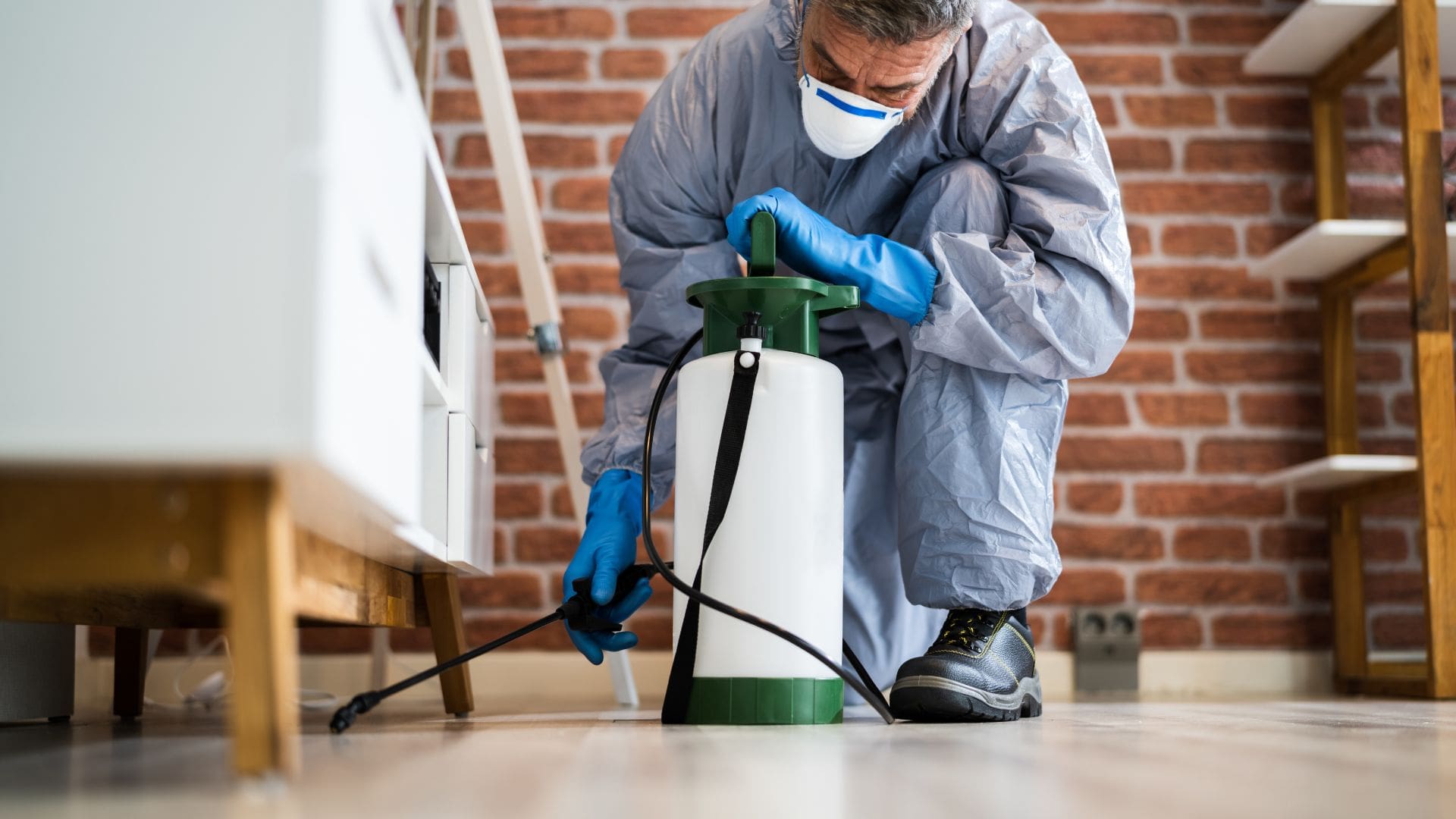Commercial Pest Control: Ensuring Compliance and Safety
When running a business, compliance and safety are top priorities. Ensuring that your products and services meet regulatory standards is not only necessary for the success of your company, but also for the well-being of your customers. However, compliance and safety also extend beyond what you offer to the public – it includes maintaining a pest-free environment within your commercial facility.
Pests in a commercial setting can lead to significant damage to property, contamination of goods, and even pose health risks to employees and customers. This is why implementing effective pest control measures is crucial for any business operating in today’s competitive market.
In most industries, businesses are required by law to comply with specific regulations regarding pest control. The Food Safety Modernization Act (FSMA), for example, sets strict guidelines on how businesses should manage pests specifically relating to food safety. Failure to comply with these regulations can result in hefty fines or legal action against your company.
Apart from government regulations, businesses may also be required by third-party auditors or agencies – such as those certifying organic products – to show evidence of adequate pest management practices in their facility.
Therefore, as a responsible business owner or manager, it is imperative that you have proper pest control protocols in place and ensure that they are being followed consistently.
Beyond compliance requirements, ensuring the safety of employees and customers should be at the forefront of any business’s priorities when it comes to managing pests on their premises. Pests can carry harmful bacteria or pathogens that pose serious health concerns if left unchecked.
– Cockroaches can spread diseases such as E.coli and Salmonella.
– Rodents can carry Hantavirus through their droppings.
– Mosquitoes have been linked to illnesses such as West Nile virus and Dengue fever.
– Bed bugs feed on human blood which can lead to allergic reactions or secondary infections caused by scratching bites.
To prevent these health hazards, businesses must have a proactive approach to pest management. This includes regular inspections and treatments by a professional pest control company.
To ensure compliance and safety in your commercial facility, it is essential to work with a reputable and experienced pest control provider. With their knowledge and expertise, they can assess the unique needs of your business and implement appropriate strategies to keep pests at bay.
1. Inspection – Regular inspections are crucial for identifying early signs of infestation or areas that may be susceptible to pests.
2. Exclusion – Physical barriers, such as sealing cracks or installing screens, are effective ways to prevent pests from entering your facility in the first place.
3. Sanitation – Maintaining proper hygiene within your facility is vital in preventing attractants for pests such as food debris or standing water.
4. Monitoring – Placing monitoring devices in strategic locations helps track any signs of pest activity in real-time so that action can be taken promptly.
5. Treatment – In case of an existing infestation, pest control professionals will use appropriate methods – such as baiting or insecticides – to eliminate the problem effectively.
In conclusion, ensuring compliance and safety through effective Commercial pest control service measures is not only necessary but also a wise investment for any business. It not only protects you from legal implications but also safeguards the health and well-being of both employees and customers. As the saying goes – prevention is better than cure – so do not wait until a problem arises before taking action against pesky pests in your commercial space.









